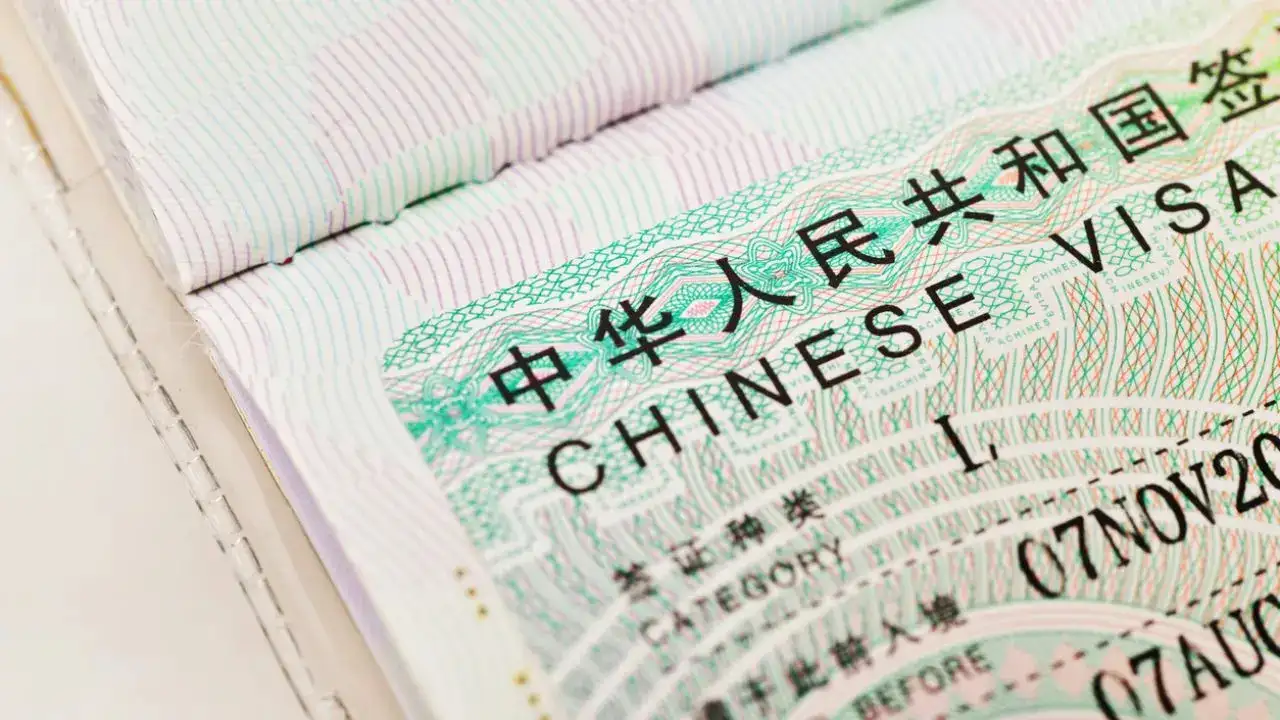By Deeksha Teri,TN Education Desk
Copyright timesnownews

China has announced that the Asian country will introduce a new visa category for young science and technology talents. In August, the country had decided to amend the regulation on the administration of foreigners’ entries and exits. Under this the country has announced introduction of a new “K visa” category that will be aimed at attracting young and talented professionals from the fields of Science, Technology, Engineering and Mathematics (STEM). As per the official notification, from October 1, China will add a K visa to its ordinary visa categories. What is ‘K Visa’? China states that as compared with the existing 12 ordinary visa types, K visas will offer more convenience to holders in terms of the number of permitted entries, validity period and duration of stay. Once approved for this visa, after entering China, K visa holders will be allowed to engage in exchanges in fields such as education, culture, and science and technology, as well as relevant entrepreneurial and business activities. Also Read | Canadian Dream Gets Costlier: Fewer Visas, Higher Living Costs in 2025 Under the rules of the new visa, the application process will also be more streamlined, China assured aspirants. “Bar specific age, educational background and work experience requirements, applications for K visas do not require a domestic employer or entity to issue an invitation, and the application process will also be more streamlined,” an official notification stated. Eligibility, Requirement The K visa will be issued to foreign young scientific and technological talents who have graduated from well-known Chinese and foreign universities or research institutions in the fields of science, technology, engineering, and mathematics and have obtained the corresponding academic degree certificates (bachelor’s degree and above), or foreign young talents engaged in related education and research work. Specific requirements on the documents will be published on the websites of Chinese embassies and consulates abroad. Earlier this week, the US introduced a hefty USD 100,000 annual fee for H-1B visa applications, raising alarm among Indian tech professionals and IT firms. On the other hand, China’s simplified visa program is emerging as an attractive alternative for foreign professionals, particularly from South Asia, exploring new opportunities. “The decision is announced amid China’s continuous streamlining of visa rules to promote international exchanges over recent years,” an official notification stated. “China’s 240-hour visa-free transit is available to travelers from 55 countries. As of the end of July, China had introduced unilateral visa-free entry or mutual visa-exemption agreements with 75 countries. Foreign nationals made a total of 38.05 million trips to or from China in the first six months of 2025 an increase of 30.2 percent year-on-year. Of these trips, 13.64 million involved visa-free entries, which was an increase of 53.9 percent over the same period last year.”



